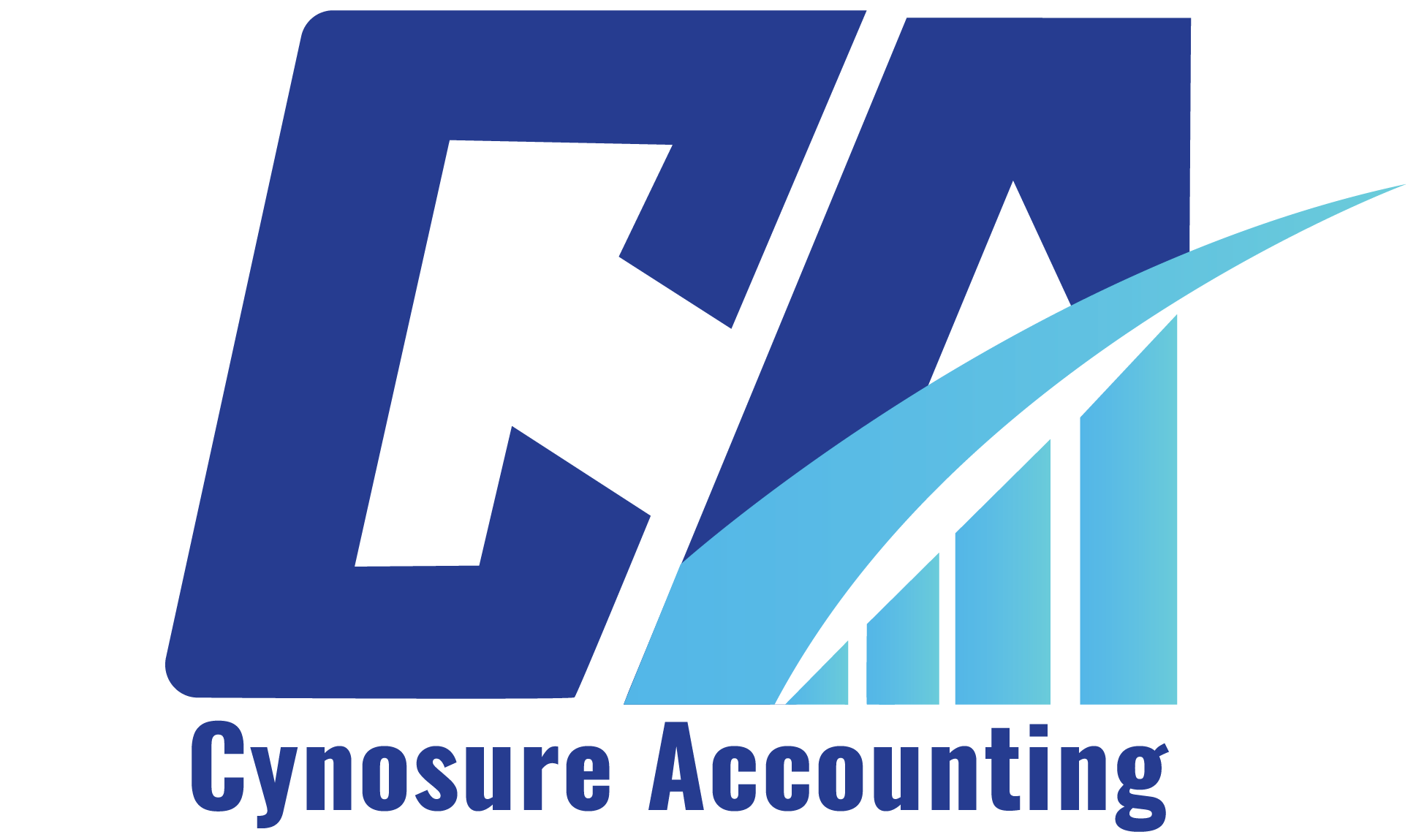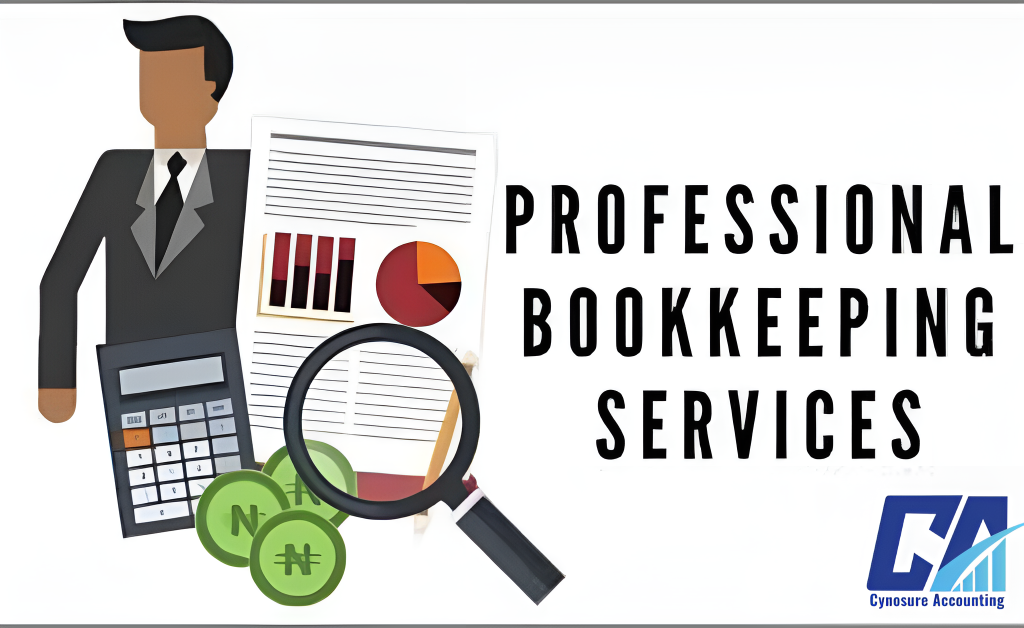Managing business finances involves much more than tracking money in and out. The decision between handling bookkeeping yourself or hiring a bookkeeping professional can impact everything from cash flow to compliance. This article walks you through the responsibilities of bookkeeping, compares the DIY route with outsourcing, and helps you decide when it’s time to bring in a professional. Whether you’re running a startup or scaling fast, understanding this choice can protect your profitability and reduce costly mistakes.
What Does Bookkeeping Actually Involve?
Bookkeeping is the foundation of sound financial management in any business. It’s the process of recording, organizing, and maintaining all financial transactions—from sales and purchases to payments and payroll. This function ensures that your financial statements are accurate, your income is properly reported, and your business remains compliant with tax laws. A strong bookkeeping process also provides a clear view of cash flow, helping you track expenses, manage inventory, and avoid a deficit. Without solid bookkeeping, it’s nearly impossible to make smart financial decisions or present accurate data to investors or auditors.
The DIY Route: Is It Really Saving You Money?
At first glance, doing your own bookkeeping may seem like a cost-saving move—especially when you’re trying to keep overhead low. Many entrepreneurs handle it themselves during the early stages of their business. You can use simple software to track expenditures, manage invoices, and keep tabs on payables. However, as your business grows, so do the demands on your time and the complexity of your records. Errors in data entry, missed deadlines, or misunderstanding tax-deductible items can cost more in the long run than the money you save upfront. This route demands not just time, but a consistent effort to stay accurate and compliant.
Pros of Doing It Yourself
For businesses with low transaction volumes or limited resources, the DIY approach offers direct oversight and immediate access to financial data. You don’t need to depend on anyone else, which can feel reassuring at first. It’s also a great way to get familiar with how your revenue, expenses, and payroll flow. Plus, using basic accounting software can help you maintain control without hiring staff. However, these advantages tend to diminish as your workload increases and as the complexity of financial management rises.
But There’s a Flip Side
The downside to managing your own books is that mistakes can easily slip through the cracks. Misclassifying a transaction or missing a payment to a supplier might not seem like a big deal until it affects your profit margin or triggers a penalty. DIY bookkeeping also eats into time that could be spent growing your business or managing your workforce. Without proper training, staying compliant and understanding your financial ratios becomes a challenge. As tasks pile up, stress levels rise, and important functions like planning, strategy, and investments may get pushed aside.
When to Hire a Bookkeeping Professional
There comes a point when doing it all yourself starts hurting more than it helps. Hiring a bookkeeping professional can remove much of the burden and risk that comes with managing your own books. It can also improve accuracy, reduce stress, and ensure you’re always audit-ready. A qualified bookkeeper helps you stay compliant, keeps your data clean, and gives you reliable financial insight to guide decisions. Knowing when to hire a bookkeeping professional can protect your business and free you up to focus on what you do best.
Key Signs You Should Hire a Bookkeeping Professional
Hiring a professional isn’t just about delegating—it’s about making your business more resilient and efficient. If any of the situations below sound familiar, it might be time to make the switch.
1. You’re Growing Quickly
As sales and transactions increase, so does the complexity of tracking them. With more suppliers, customers, and employees, it’s easy to lose track of key metrics. A bookkeeping professional can help you manage the higher volume of activity, make sense of your numbers, and ensure you’re not missing out on any opportunities—or running into trouble with auditing or compliance.
2. Tax Season Feels Like a Nightmare
Filing taxes involves more than just sending in a few numbers. You need properly categorized expenditures, accurate income statements, and a solid record of payroll and deductions. Bookkeepers stay updated with the latest tax laws and ensure everything is reported correctly. They’ll help you avoid late filings, penalties, or worse—scrutiny from auditors.
3. You’re Spending Too Much Time on Admin Tasks
If you find yourself buried in tasks like generating invoices, handling accounts payable, or dealing with HR-related payroll issues, that’s time not spent building your business. Bookkeeping professionals can automate and streamline these tasks, giving you back the hours you need to work on strategy, customer growth, and talent management.
4. You’re Making Important Decisions Without the Full Picture
Big decisions—like hiring, buying equipment, or applying for funding—require accurate data. Without clean books, your key performance indicators can be misleading. Professionals can give you detailed reports, from cash flow analysis to profitability tracking, helping you make informed, confident choices.
Comparing the Two Options
Choosing between DIY and hiring a professional depends on your budget, time, and business stage. DIY may seem more flexible, but it often sacrifices accuracy. On the other hand, a bookkeeping professional brings structure, accountability, and expertise. This comparison can help you weigh the benefits and risks more clearly.
Deciding between doing your own books and hiring a bookkeeping professional comes down to what your business truly needs. If you’re still small and transactions are simple, you may be fine handling it yourself—for now. But if growth, complexity, or compliance pressures are building, the smarter move is often to bring in expert support. Knowing when to hire a bookkeeping professional can help you prevent financial blind spots, manage risk, and give you the peace of mind that your finances are in good hands.

